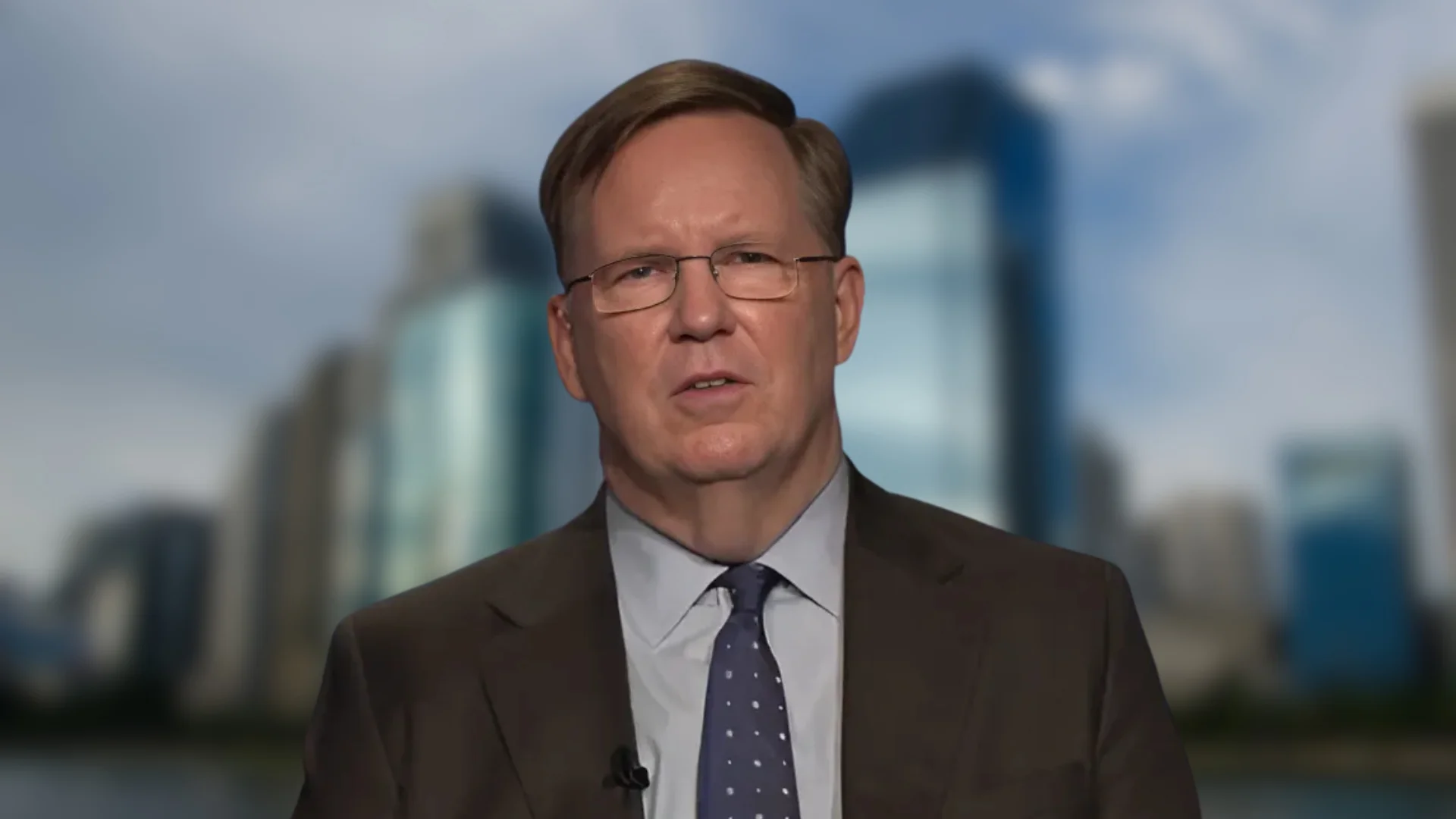
Harold H. Kim, President for U.S. Chamber Institute for Legal Reform | The Federalist Society
The U.S. Chamber Institute for Legal Reform has announced that a German court's dismissal of a climate lawsuit could still set a precedent with broad implications, creating uncertainty for businesses and citizens.
According to Reuters, the Higher Regional Court of Hamm in Germany dismissed a lawsuit brought by Peruvian farmer Saúl Luciano Lliuya against German utility RWE. The court said there was no "concrete" risk of harm to the plaintiff’s property. Lliuya claimed RWE’s historical carbon emissions contributed to glacier melt near his home and sought partial funding for a drainage system. Despite the dismissal, the court's legal reasoning is considered significant because it allows for future similar claims to be brought, potentially increasing legal uncertainty for global businesses.
According to The Guardian, the Hamm court confirmed that emission "attribution studies" could be used as evidence and that plaintiffs do not need to reside in the same country as the defendant for a climate lawsuit. Germanwatch, an environmental group supporting Lliuya, argued this sets a "precedent with far-reaching consequences" for Germany’s business environment. The decision could embolden more claimants worldwide to bring similar litigation against German companies.
ClientEarth explains that despite losing the case, the decision has created a new legal pathway for climate-related claims against multinational companies. Legal analysts note the case will likely inspire future lawsuits using the same legal reasoning and evidence standards affirmed by the Hamm court. The organization highlights that climate litigation has grown rapidly worldwide, with over 2,500 cases filed in 2023 alone, indicating a trend that could accelerate due to this ruling.
According to its official website, the U.S. Chamber Institute for Legal Reform is a nonprofit advocacy group affiliated with the U.S. Chamber of Commerce, dedicated to promoting legal reform and supporting a fair and predictable legal system. The organization regularly publishes research on legal trends, advocates for reducing excessive litigation, and encourages cooperation among businesses, government, and citizens to address challenges such as climate change. The Institute emphasizes that litigation-driven approaches risk unintended consequences for business and society.






 Alerts Sign-up
Alerts Sign-up